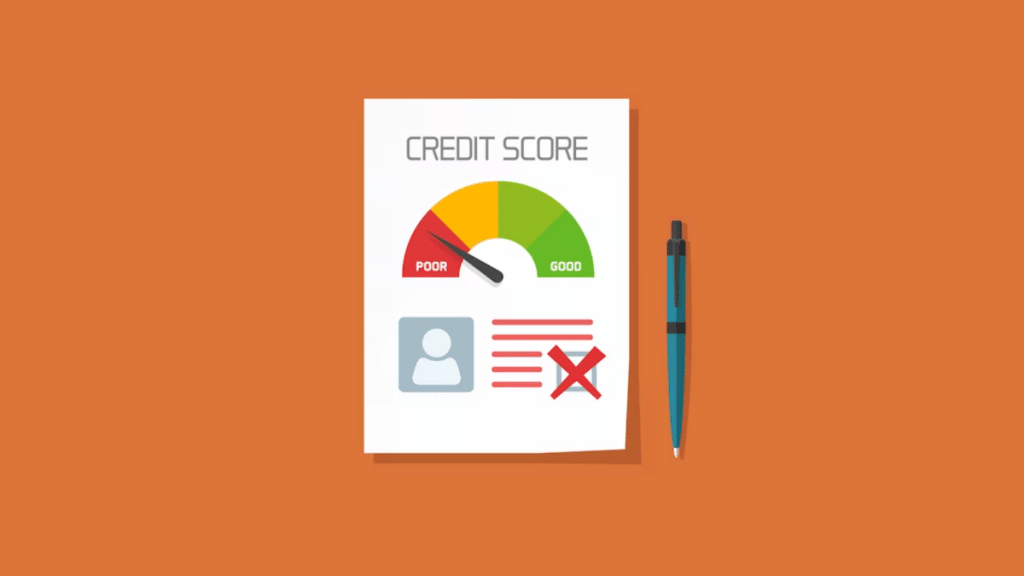Bad credit may not prevent startup company financing approval. When applying for a loan, borrowers may be suspicious about poor credit. However, negative credit starting company loans are available. Lenders may accept credit scores as low as 500, while others consider your company strategy and income.
Startup businesses may not have a significant credit history. Therefore, your personal credit score will matter more in your application. Poor credit is 580 or below on the FICO scoring methodology. Fair credit scores of 580 to 669 may qualify candidates as subprime borrowers.
Bad credit startup company loans are available to business entrepreneurs with 500 credit ratings. Others require 550 or 600. Poor or good credit might lead to higher interest rates. More competitive rates require a score of 670 or above.
Need help with approval of small business loans for bad credit – contact Fundshop.
How to Get a Startup Business Loan with Bad Credit
Each lender has its own standards, but applying for a beginning company loan is likely to be the same. Follow these general steps:
- Look at your credit. Knowing your credit score will save you time with lenders with higher minimums. AnnualCreditReport.com lets you get free credit reports from Equifax, Experian, and TransUnion to check for inaccuracies that might lower your credit score.
- If time allows, improve your credit. Improve your credit score if you don’t need a starting company financing right now. Disputing credit report inaccuracies, lowering your credit usage ratio, paying off debts, and making on-time loan payments will boost your score.
- Be ready to document. Loan applications include business plans, bank accounts, business licenses, and more. A lender may carefully review your revenue or business strategy if you have terrible credit to guarantee you can repay the loan.
- Consider loan co-signers or collateral. Bad credit startup company loans might be difficult to get. Adding a co-signer or collateral may help you get authorized. Please note that if you cannot repay the loan, you may lose your collateral or your connection with your co-signer, who will be held responsible.
- Check with many lenders. To reduce your new company loan expenses, examine many offers because negative credit may increase interest rates.
- Fill out a loan application. Once a lender agrees, submit a comprehensive application. The lender may contact you for further loan approval documents.
Bad-credit startup business loan types
Everyone has different borrowing criteria, so don’t assume poor credit disqualifies you for a new company loan. Here are some financing options:
- Term loans. Terms loans from banks, credit unions, and internet lenders range from three months to 10 years. Online lenders may have less credit score restrictions and fund faster than banks.
- Secured loans. An asset is collateral for a secured startup loan. Because the lender may recuperate your asset if you default, secured loans may have more lenient credit standards.
- Credit lines for businesses. A business line of credit allows you borrow money as needed and pay it back over time, sometimes for five years, unlike a company loan.
- Working capital loans. A working capital loan is a short-term loan for daily operations. Bad credit may make it simpler to get than a long-term loan.
- Equipment funding. This aids commercial equipment purchases. Your equipment is usually security for this type of debt.
- Invoice factoring. Offer reduced overdue bills to a factoring business for instant cash.
- Merchant cash advances. Get a big payment upfront and pay it back with automated credit and debit card sales deductions.
You may get a loan with negative credit, even though the best borrowers get the lowest rates. Your rates may be higher, but you may qualify for a starting loan.
Before borrowing, evaluate your loan offer to avoid high-interest debt you can’t afford. Consider your startup business loan choices for bad credit to make the best financial decision for your firm.
